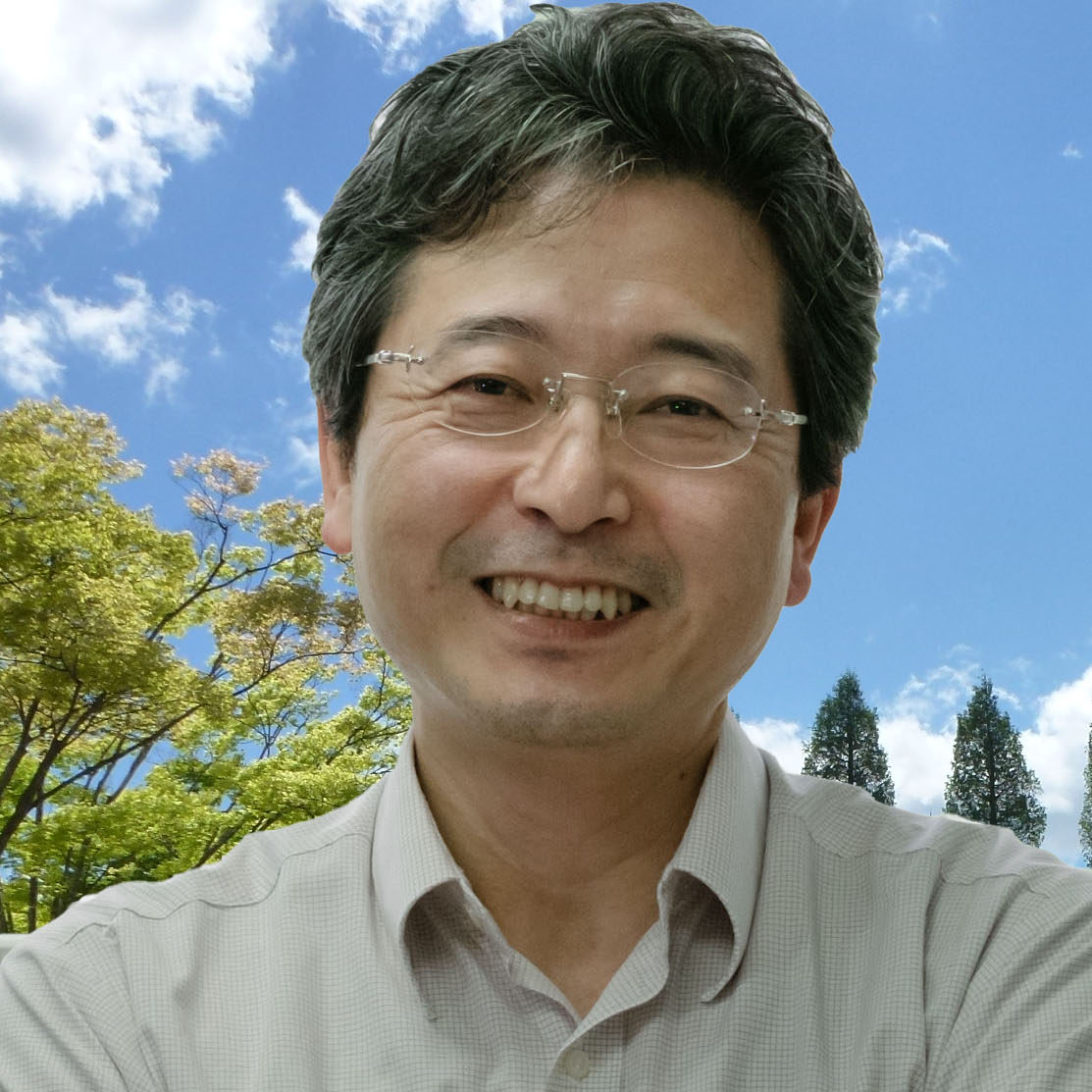
Affiliation:
Professor, Department of Psychology, Graduate School of Arts and Letters, Tohoku University
Short bio:
1980 Tohoku University (Faculty of Arts and Letters)
1985 Researcher of Shiseido Institute of Beauty Sciences
2001 Ph. D.
2005 Associate professor at Tohoku University (Department of Psychology, Graduate School of Arts and Letters)
2010 Professor (In the present)
2017-2022 Vice Dean
2023 President of Japanese Psychological association
Title:
Results of my experiments suggest that anger and fear enhance adrenaline secretion, as Cannon pointed out, and suggest that cortisol is secreted to maintain brain activity itself rather than by tension, or in response to experiences of distress as Frankenhaeuser hypothesized. Considering these results in terms of the physiological functions of adrenaline (sympathetic–adrenal–medullary axis) and cortisol (HPA axis), the results obtained for cortisol are explainable in terms of the extremely high cost of brain activity. Cortisol secretion is not done in response to a specific environmental or emotional experience. Rather, the secretion is stimulated to provide the brain with large amounts of glucose. By contrast, adrenaline, the secretion of which is also accelerated by anger and fear generated in situations that do not involve physical activity, must be considered under an assumption of an environment of evolutionary adaptedness. For psycho-evolutionists since James, adrenaline, which functioned in the wild environment in the primitive age to support activities such as punching and running away, is an evolutionary relic that produces only useless excitement in the modern world. Social constructivists, however, emphasize the social function which emotion plays in the modern world and argue that emotion is the cultural foundation, so to speak. I would like to propose an argument that resolves this conflict between evolutionary relics and cultural foundation by drawing the additional line of exaptation.
Modern emotions as exaptation: Following Japanese psychological history
The explanation presented above is the main topic of this keynote address. However, because I intend to speak on behalf of the Japanese Psychological Association, before the main topic I would like to introduce some efforts and adventures of early psychologists who have made great efforts to introduce and develop psychology in Japan.
